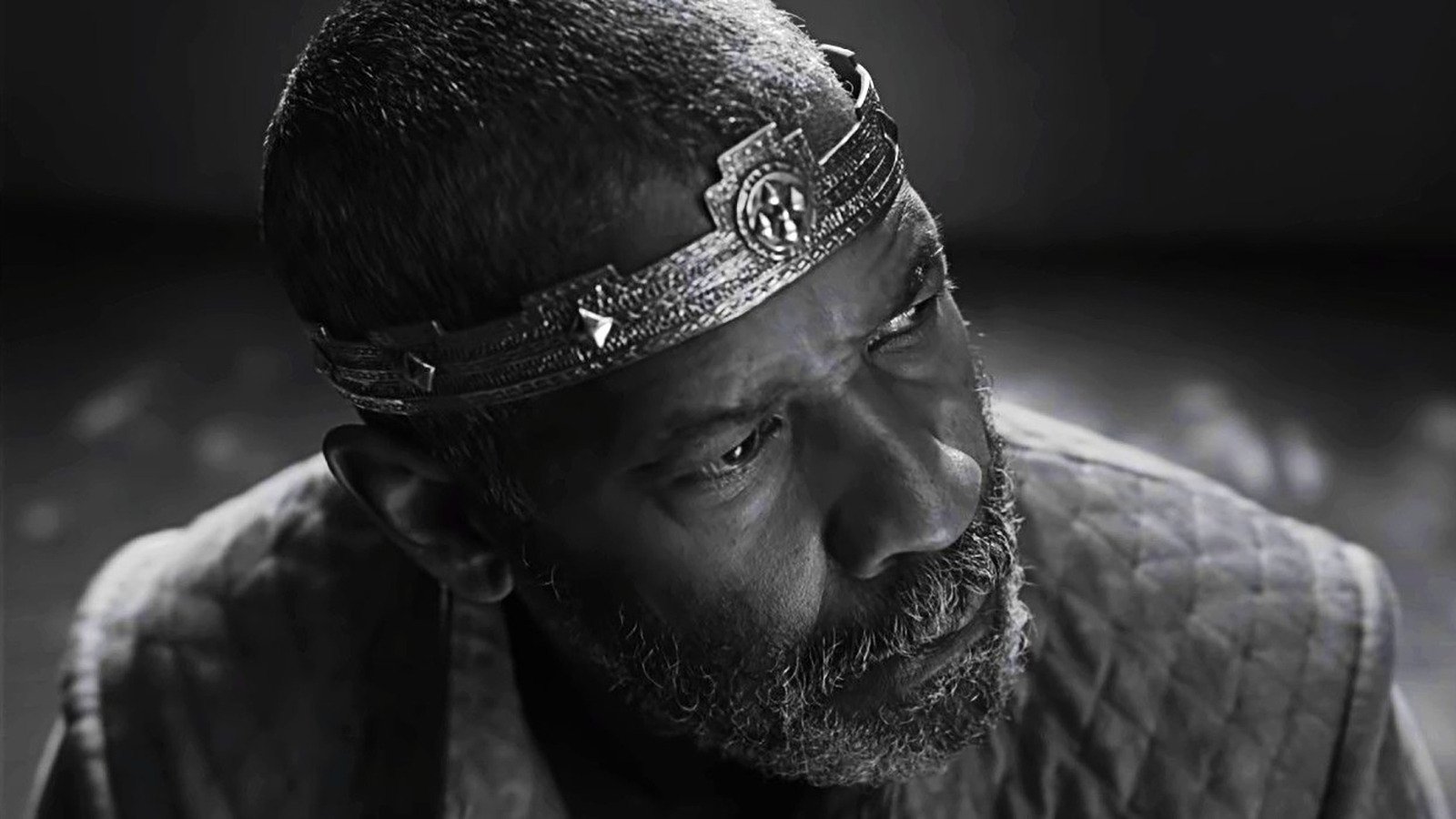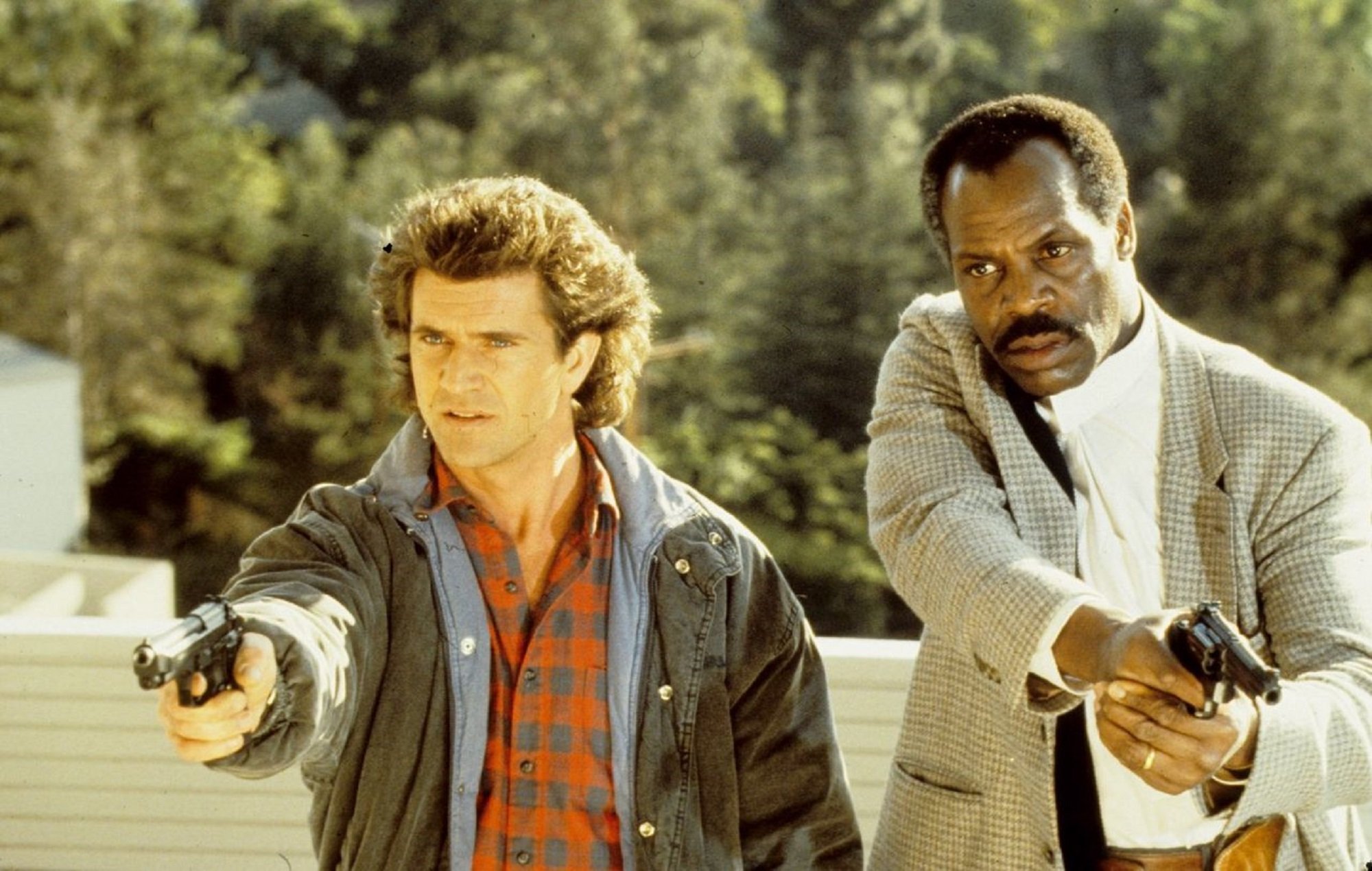What Is Irony in Literature and How Can It Enhance Your Screenwriting?
April 14, 2023
Over the years I’ve read my share of unproduced screenplays by aspiring screenwriters, and I noticed that many of them lacked something very important — something that’s usually found in abundance in produced screenplays.
And do you know what that is?
Irony.
If you watch most motion pictures and television series and look for irony, you’ll find it everywhere: an unlikely outcome; an unlikely hero; an unlikely criminal; an unlikely romance; the last person you’d ever expect to do a certain thing is doing that exact certain thing! It’s a vital component of successful storytelling dating back to ancient Greek theatre and Shakespeare, and I don’t think you can write a script that’ll get produced without any irony.

What is irony?
Of course, irony is one of the most notoriously misused and misunderstood words in the English language. Many times a coincidence or any kind of frustrating scenario gets mislabeled as “irony.” In recent years, the word has often been likened to “sarcasm,” which isn’t incorrect but it is reductive. If someone has written a sarcastic line of dialogue, the line is probably not without irony, but you don’t have to be sarcastic to be ironic. Also parody in and of itself is not ironic; it depends on who is doing the parodying. For example, if some random comedy writer wrote a parody of a Rocky movie, it wouldn’t be ironic; if Sylvester Stallone wrote it, it would be.
In narrative storytelling, irony is when something that’s the opposite of what is expected happens or is happening. This doesn’t simply mean something surprising or unintended happens; it has to be the opposite of what was expected or originally intended. Obi-Wan Kenobi training Anakin Skywalker to be a Jedi Knight and he ends up becoming a Sith is somewhat ironic.
The fact that there’s also a prophecy that states Anakin Skywalker will “destroy the Sith” makes it very ironic! And finally, the fact that the Prequel Trilogy tells a story in which the audience is aware of Anakin Skywalker’s fate makes it next-level ironic! We all know that nothing is going to go according to plan and Anakin Skywalker is going to end up destroying the Jedi Order with the Emperor, and yet Kenobi and Skywalker are doomed to carry on and engage in heroic acts that are all shadowed by tragic irony.

Finding Irony in Popular Movies
Of course even the original Star Wars trilogy employed irony — albeit in less tragic form — from a farm boy destroying the Death Star to a Princess falling in love with a scoundrel to a little green guy being an ultra powerful Jedi Master to a young man discovering the man he thought killed his father… is his father! George Lucas always recognized irony’s importance in storytelling.
Now let’s remove all traces of irony from the original Star Wars trilogy: the Rebellion’s top pilot, who has been fighting alongside them for years, destroys the Death Star; Princess Leia falls in love with a noble prince who is the leader of the Rebellion; Yoda is a tall, battle-scarred Jedi Master living in a temple and immediately starts training Luke Skywalker as soon as he shows up; and Darth Vader is simply a former Jedi Knight who betrayed and murdered Luke’s father, and in the third movie Luke kills Vader and avenges his father.
You see a big difference?

Why It Matters
The above scenarios still might’ve led to an entertaining series of films, but they would have far less emotional engagement and resonance. When things don’t go as expected in a story— and especially when the opposite occurs — we collectively lean forward and become engaged as spectators. This is the power of irony and why it’s such an important component of storytelling.
Whether it’s Luke Skywalker needing to confront and redeem his father or Michael Corleone not wanting anything to do with his father’s crime dynasty only to become the head of it and rule it more ruthlessly, irony helps to create an emotional through line for your characters. It creates difficult and compelling situations for them to overcome. This is why even in most buddy comedies, there’s usually something ironic about the pairing: for example, in Lethal Weapon Roger Murtaugh considering retirement from the police department and wanting to play it safe creates an engaging and dynamic scenario when he’s partnered with a suicidal, loose cannon cop; it also helps to generate a lot of comedy because they’re naturally at odds.
Read More: What Genre Is My Screenplay?
Why You Should Add It To Your Script
As mentioned above, in a lot of screenplays I’ve read from aspiring screenwriters, there’s a lack of irony in the storytelling. They often feature a one-note protagonist thrown into a situation that might be difficult on some level, but it’s not unusual for them: a police detective is looking to solve a murder and it’s just about the case; there isn’t a personal element or character flaw in the protagonist that undermines the case. Another example is a Rom-Com in which a person looking for love meets someone nice and they have a fun time together, maybe a few slapstick mishaps occur, and then they end up together. There isn’t anything ironic about these above scenarios and that’s why they fail to engage and resonate with the reader.
In my article Right Story, Right Character, I wrote about the importance of selecting the right character for the right story. One of the things a writer should consider are the ironic possibilities of placing a certain kind of character into a certain kind of situation: the more ironic the combination, the greater the conflict. Think of irony as the flip side to conflict; they help enable one another. And as stated above, irony can create a stronger emotional through line and arc for your characters, which in short creates stronger characters.
Ultimately, it can lead to an overall stronger screenplay and a better reading experience for an industry professional; and the more engaged they are by the script, the more likely they are to see its potential and to become a champion.
And that’s exactly what you want to happen.
Save the irony for the screenplay.
Written by: Edwin Cannistraci
Edwin Cannistraci is a professional screenwriter. His comedy specs PIERRE PIERRE and O’GUNN both sold with more than one A-list actor and director attached. In addition, he’s successfully pitched feature scripts, TV pilots and has landed various assignment jobs for Universal, Warner Bros, Paramount and Disney.



